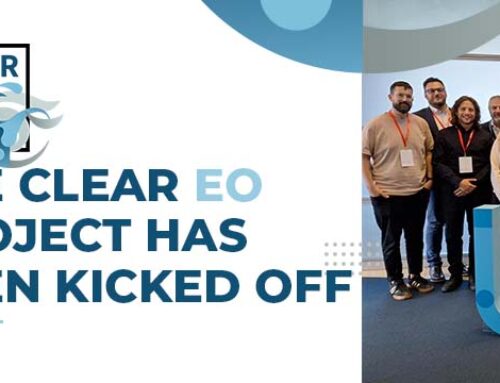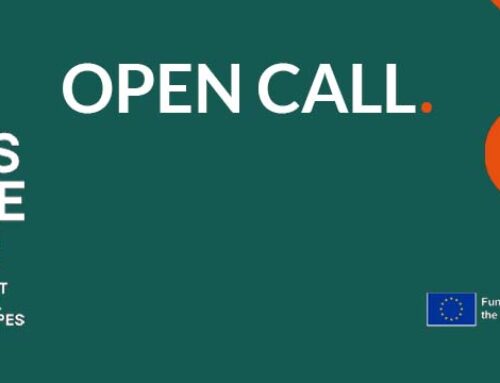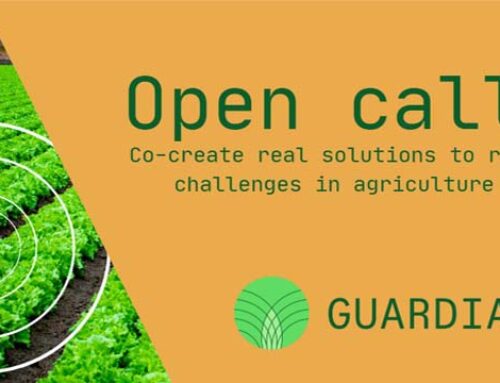Gabriella Povero, from the Space and Navigation Technologies Area, took part as lecturer in the GNSS Winter School 2021, organized by the Institute of Space Technology of Pakistan with the aim of providing local students and researchers with the latest updates related to the evolution of satellite navigation technology.
The involvement of LINKS in this initiative is a by-product result of a long series of educational and international cooperation initiatives carried on by the Space and Navigation Area in the last fifteen years: it has been involved in several research and training projects in Europe and in Asia, with a strong focus on southeast Asian countries.
In this specific case, the organizer of the Winter School is a former student of the Master in Navigation and related Applications, jointly organized by Politecnico di Torino and LINKS: he recognized the expertise in Satellite Navigation and GNSS training of LINKS researchers, inviting them to join as trainers to the Winter School.
The lecture focus was on GNSS Applications & Opportunities: after a short opening about LINKS and the Space and Navigation Technologies Area activities, the new opportunities made available by the new GNSS signals in different fields were presented to the students. Among them, the agriculture/smart farming and transportation topics were the most attractive for the audience. The presentation also gave a wide overview on the main GNSS applications, with a focus on the European navigation system Galileo and its differentiators in respect to the other systems like the GPS.
The students reacted in a proactive way, making several questions, and asking for more information. They were particularly interested in the new advanced services enabled by the Galileo system, like the new OSNMA feature dedicated to the enhancement of security and robustness of satellite navigation signals.
A page dedicated to the Winter School is available on GPSWorld: https://www.gpsworld.com/gnss-winter-school-set-to-take-place-in-islamabad/







